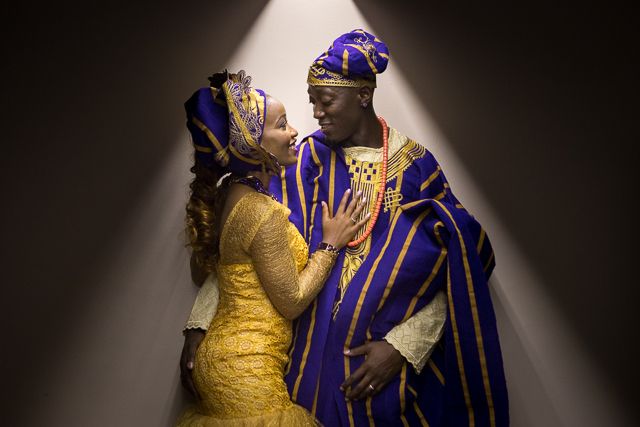About Malawi
Malawi is a landlocked country in southeast Africa. It was formerly known as Nyasaland and is bordered by Tanzania to the northeast, Zambia to the northwest, and Mozambique to the east, south, and west. Lake Malawi separates the country from Mozambique. According to world population review Malawi has a population of 19,546,033 (2018) and an area of 118,484 sq. Km2. Lilongwe is the capital, and also the largest city.
The area was initially settled in the 10th century and was ruled by natives until 1891 when the British colonized it. After independence in 1964, Hastings Banda ruled the country as a one party state. He held power until 1994 when he was ousted. The current president is Arthur Mutharika, who was elected in May 2014. The country’s government is democratic and has multiple parties.
Malawi’s military is small and includes an air wing, army, and navy. The country has pro-Western foreign policy and participates in several international organizations.
Malawi is densely populated and one of the world’s least developed countries. The population is mostly rural and agriculture is a major part of the economy. Outside aide is necessary for the government, but it has declined since 2000. Since 2009, however, Malawi has experienced some setbacks, including a general shortage of foreign exchange, which has damaged its ability to pay for imports, and fuel shortages that hinder transportation and productivity. The government has failed to address barriers to investment such as unreliable power, water shortages, poor telecommunications infrastructure, and the high costs of services.
There is a high prevalence of HIV/AIDS, which impacts the labor force and GDP. Infant mortality is high and life expectancy is low. The population is ethnically and linguistically diverse. In recent times, Malawian nationality has diminished tribal conflicts.

